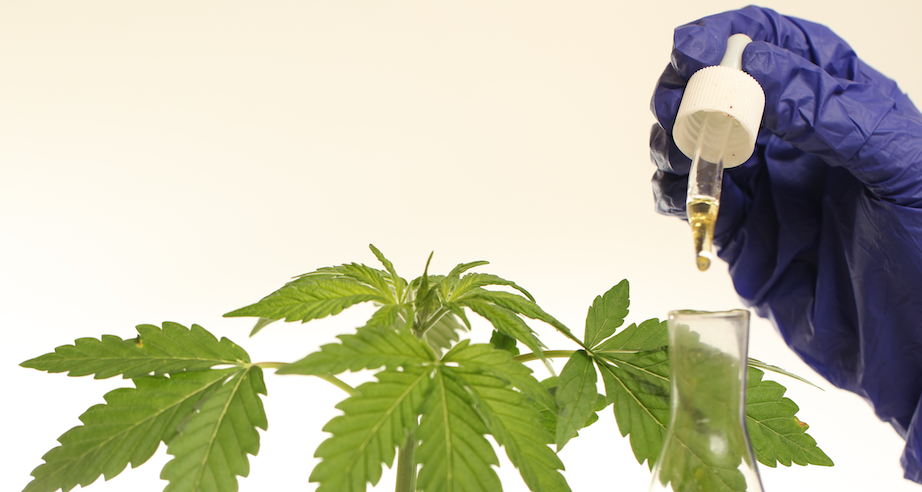11.21.2025
Sausage casings bulletin, November 21, 2025

...

We are developing an agenda for our February 11 virtual conference, with considerable input from you, our readers. Without conferences and trade shows, some aspects of the hemp industry have been put on ice, at a time when hemp prices are depressed. Farm machinery is much easier to sell if you can see it in action, even if it is a video, with a competent narrator to field questions. Conveying the details to non-farmers, or new farmers can be difficult and time consuming.
The pandemic did create some opportunities to attend meetings at a distance, that previously were only in person. It has provided access to key thought leaders and regulators, as seen at last week’s Food Drug and Law Institute (FDLI) virtual conference, that included career agency figures from DOJ, FDA, and FTC. Engaging with these assistant director-level professionals in panel format is valuable for policymakers, or the principals of new CBD ventures. This also includes the staffers that are behind our legislators, the policy engine.
The hemp sector is at a stage in its development where there is considerable need for learning. For every cannabinoid-savvy businessperson or advocate, there are ten state or federal agency staffers that are on a steep learning curve. Relevant, reliable information about markets is scarce, which many operators leverage to their advantage, contributing to the comically deep strings of brokers that were historically attached to a deal.
As Dr. Ron Kander said in a recent conversation, there is no ‘book of truths’ for hemp, and certainly one aspect of developing an industry knowledge base is happening at universities. Dr. Kander will be joining us for our February event, to discuss the development of products, manufacturing processes, business models, and supply chains for hemp fiber. From the perspective of someone involved in developing 5 patents for hemp products, and industry collaborations resulting in products to market.
The need to bring professionals like Kander into the conversation could not be greater. The need to include new voices in is also preeminent. The development of new markets and all the logistics that underly them will require collaboration, something that has been difficult for companies in this space. Partly due to fear of losing a market advantage, but also due to inexperience in business, or lack of long-term vision.
Others are on the cutting edge of process development, innovating chemical and physical processes to extract cannabinoids, salvage bast fiber from post extraction hemp, or create a novel hempseed protein that addresses palatability issues. There is IP to protect, to be sure, but established companies are finding reliable counterparties that they can form strategic partnerships with, relying on confidentiality agreements that are bolstered by mutual risk exposure.
The Jacobsen has hosted an annual biodiesel conference for many years; we set the benchmark for biodiesel and feedstocks pricing. The must-attend event for traders or operators in that space has evolved from similar demographics to hemp, with enthusiasts blending fuel on their porch, and major operators like BP or Valero rubbing elbows with regional grease collectors. The hemp industry will track similarly to biodiesel, and it’s critical to have regular fora to bring various stakeholders together. Innovation, or the need for it, does not diminish in a pandemic.